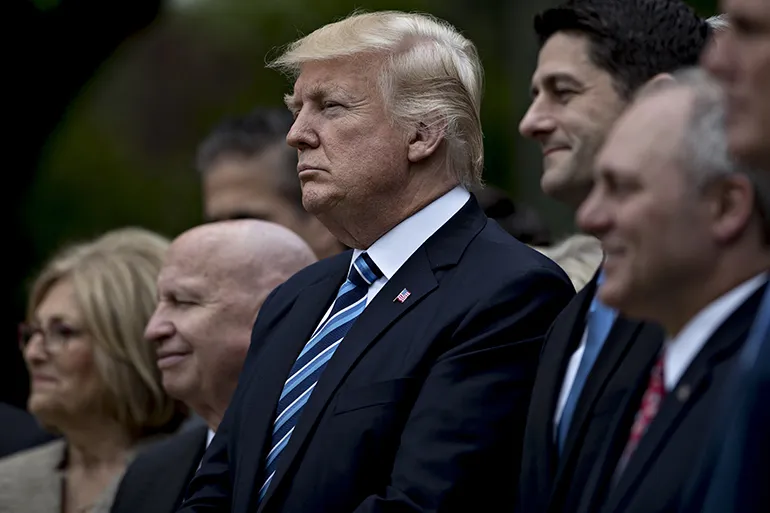Tag Archives: Health
22
Jan
KFF Health News’ ‘What the Health?’: Hello, Trump. Bye-Bye, Biden.
Julie Rovner: Hello and welcome back to “What The Health.” I’m Julie Rovner, chief Washington correspondent for KFF H...
09
Jan
Listen: NPR and KFF Health News Explore How Racism and Violence Hurt Health
KFF Health News Midwest correspondent Cara Anthony and Emily Kwong, host of NPR’s podcast “Shortwave,” talk about Bla...
02
Jan
KFF Health News’ ‘What the Health?’: Francis Collins on Supporting NIH and Finding Common Ground
Julie Rovner: Hello, happy new year, and welcome back to “What the Health?” I’m Julie Rovner, chief Washington corres...
15
Dec
KFF Health News’ ‘What the Health?’: A Killing Touches Off Backlash Against Health Insurers
The shooting death of UnitedHealthcare CEO Brian Thompson on the streets of New York City prompted a surprising wave of sympathy for th...






 Hot Deals
Hot Deals Shopfinish
Shopfinish Shop
Shop Appliances
Appliances Babies & Kids
Babies & Kids Best Selling
Best Selling Books
Books Consumer Electronics
Consumer Electronics Furniture
Furniture Home & Kitchen
Home & Kitchen Jewelry
Jewelry Luxury & Beauty
Luxury & Beauty Shoes
Shoes Training & Certifications
Training & Certifications Wears & Clothings
Wears & Clothings




